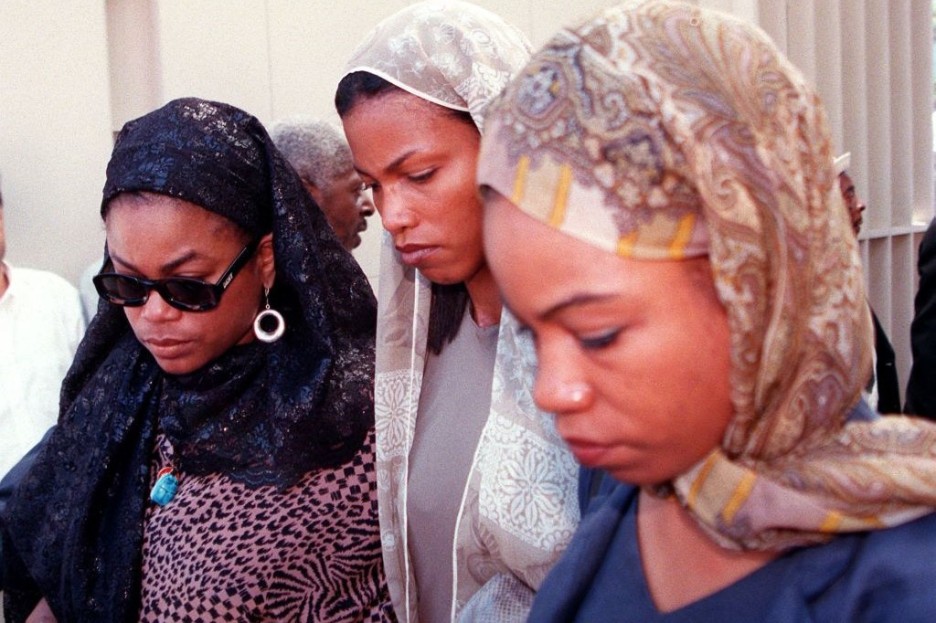Malcolm X's Daughter Malikah Shabazz Found Dead: Was Foul Play Involved?

Late civil rights leader Malcolm X's daughter, Malikah Shabazz, was found dead insider her home. She was 56.
Multiple news outlets confirmed that Shabazz's daughter found her unconscious and unresponsive as she faced down on the floor. Two senior police officials added that the event happened before 4:30 pm on Monday. The responders later pronounced her death.
Shabazz's sudden, shocking passing raised suspicions that foul play was involved since 83-year-old Muhammad Aziz and late Khalil Islam were exonerated over Malcolm X's death after decades of investigation.
However, NBC New York learned from police officials that the incident was not suspicious at all. Malikah Shabazz's cause of death is yet to be determined.
Following the shocking news, people closed to and knew Shabazz sent a message of condolences to her family.
Dr. Martin Luther King Jr.'s youngest child, Bernice King, penned a short message to Shabazz and her family.
"I'm deeply saddened by the death of #MalikahShabazz. My heart goes out to her family, the descendants of Dr. Betty Shabazz and Malcolm X. Dr. Shabazz was pregnant with Malikah and her twin sister, Malaak, when Brother Malcolm was assassinated," he wrote. "Be at peace, Malikah."
Dr. Omar Suleiman penned, "Malikah was in the womb of her mother Betty when Malcolm was gunned down in front of his family. She never got to hug him here. I pray he will be waiting to embrace her there. May Allah have mercy on them and make it easy for her remaining family in earth."
Malcolm X's Case Update
Shabazz's death somewhat caused an online questioning as it happened days after New York Supreme Court Judge Ellen Biben acquitted two of the three men convicted for the assassination of Malcolm X in 1965.
A two-year investigation reportedly proved that the men were "wrongfully convicted."
READ ALSO : Ryan Seacrest's Health Condition Worsening? Host Alarms Friends With Continuous Neglect On Well-Being
Malcolm X's death has been a mystery in the past years. Although he fought for black freedom, Americans saw his move as controversial since the late civil rights leader wanted to let black people have their structure, wealth, and power.
Historian Zaheer Ali, the lead researcher for Manning Marable's 2011 biography "Malcolm X: A Life of Reinvention," said, "He did not preach violence, he preached self-defense. America has never been nonviolent with black people so instead of accusing Malcolm of being violent, we need to ask America about its violence."





